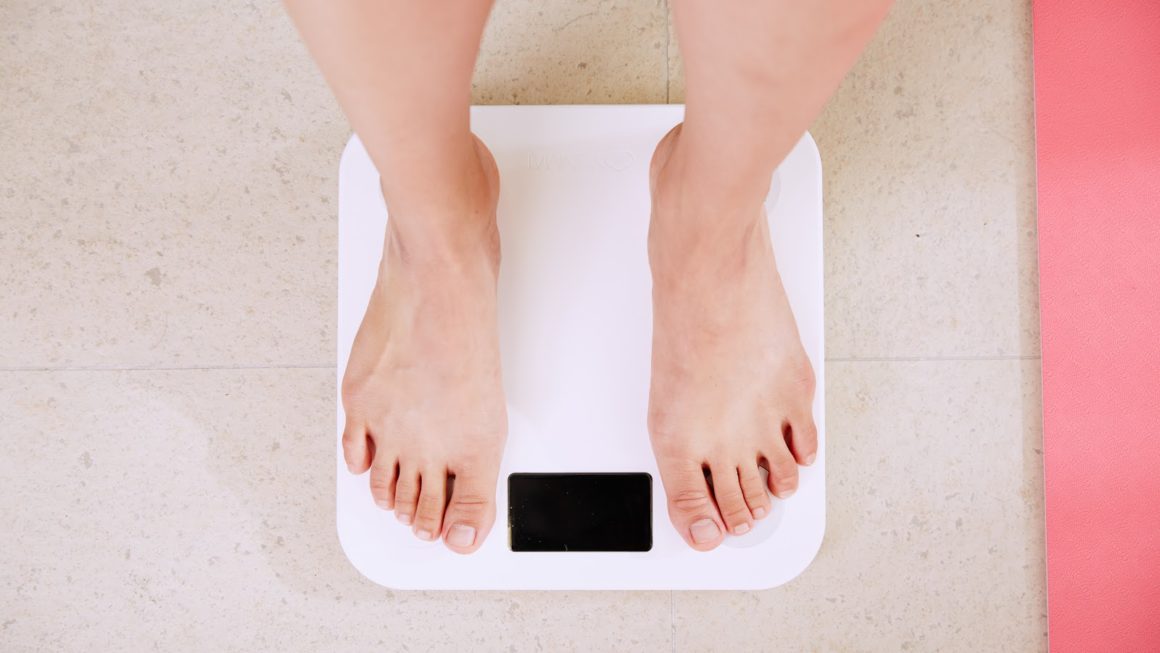I believe wholeheartedly in loving yourself as you are. Big or small, tall or short, dark-skinned or light-skinned, blonde or brunette or redhead… you are beautiful. While people of all body types can be strong and healthy, it’s also important to remember that weight can be an indicator and risk factor of serious health conditions.
Obesity is a problem plaguing many across the country. Increased body fat results in higher risk of disease, especially type 2 diabetes, and makes activity more difficult. When obesity-stressed joints and muscles ache from everyday movements like walking down the stairs, getting the necessary exercise to lose weight is even more difficult. In short, being overweight contributes negatively to your overall physical and mental health.
When it comes to weight loss, I’ve tried it all. Fad diets and lifestyle trends came and went, and my weight was like a yo-yo. Then I found whole-body wellness. Now I consider the body and mind holistically to promote total well-being. I know from experience that, through life-changing actions aimed at redefining activity levels, rethinking how you care for yourself, and recasting your relationships with food, you can hit the reset button on your overall health.
A balanced diet is the foundation of weight management.
A common saying in exercise and nutrition is that six-pack abs are made in the kitchen, not the gym. When fighting obesity, we do not have to aim for cover-model levels of fitness. We can take a cue from those seeking low body-fat levels. Weight loss results from a simple formula, all that is required is to create a calorie deficit. A pound of fat roughly equates to 3,500 calories. In order to lose a pound, then, you need to consume 3,500 less calories over a period of time, or burn them through exercise.
But if you’re like me, counting calories is soul-sucking. So I just focused on filling my diet with high-quality, less-processed proteins; healthy fats like those found in olive oil (and avocados… yuck!) and lots of vegetables. For the first time, I’ve found a way of eating that I can sustain, which has been key to my success.
Enjoy your workout.
Exercise, too, helps create a calorie deficiency and can improve metabolism. Many initiate a workout plan to reach a particular goal, such as losing 10 or 20 pounds or to prepare for a summer vacation. While goals are useful and important tools in weight loss, experts suggest focusing on attaining exercise-based goals rather than scale-based goals. For me, that meant committing to do “close my rings” on my Apple Watch each day. Walking the dogs certainly helps with that, but I did have to step up the pace a little to get my heart rate up!
It may seem like common sense, but sticking with exercise-based goals is easier when you incorporate enjoyable workouts into your routine. If you do not enjoy spin class, then don’t join a spin gym. If you hate long-distance running like me, signing up for a half-marathon might not be the best way to get over your aversion. Invest the time to experiment with different exercises and find what you’ll love to do for the rest of your life, and you’ll have eliminated a major hurdle in the obesity battle.
When mulling over exercise choices, consider how some activities support overall health. Yoga, for example, does not immediately come to mind as a fat-burning weight-loss routine. However, researchers found that yoga practitioners had higher rates of weight loss. This is because weight loss from yoga doesn’t occur in the same way it does through other types of exercise. Yoga is a practice that extends beyond the studio. When you step off your mat, you tend to carry mindfulness into other areas of your life, including your diet and ability to sustain positive lifestyle changes.
Known when to rest and care for yourself
The obesity battle is waged on additional fronts, as well. Getting enough sleep and rest supports both a healthy diet and exercise plan. Mental health is important as well in managing weight. Depression leads to unhealthy diets, and vice versa. When you attend to your entire mind and body, you are less likely to eat for comfort or avoid exercise out of feelings of despair.
Obesity can be beaten in the long run. It requires a bit of a revolution in how we eat and live, but it’s so worth the investment in your quality (and quantity!) of life.
Photo Via: Unsplash

